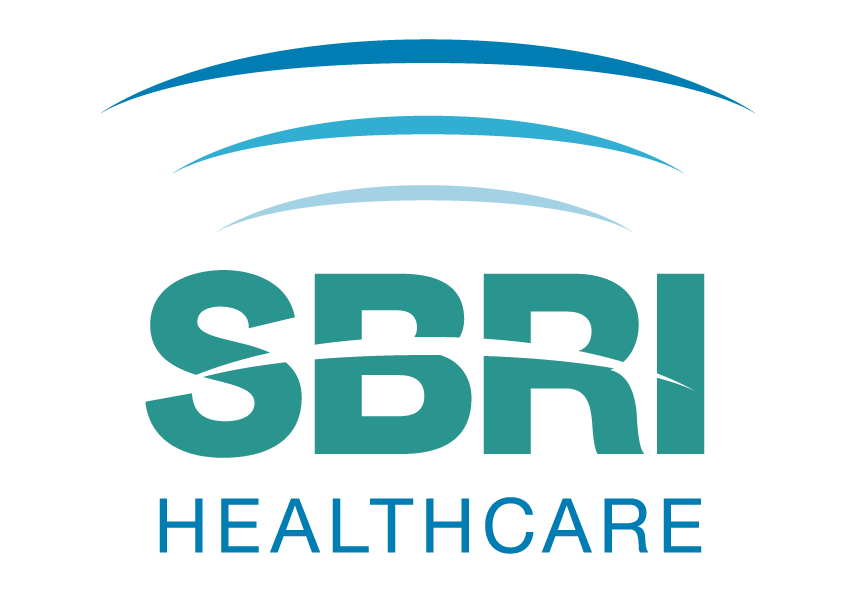Cambridge, UK, 6 February, 2025: A research and development
project that aims to establish groundbreaking new AI algorithms to
diagnose asthma in young children has secured additional funding from
SBRI Healthcare.
The project, from leading respiratory health tech company
TidalSense, will use its pioneering N-Tidal device to develop new AI algorithms
for the diagnosis of asthma in young children. The tool would be
launched onto the company's AI medical device diagnostic platform and
used to help diagnose asthma in children more easily and accurately.
Following a £795,000 grant from the Small Business Research Initiative
(SBRI) Healthcare programme, TidalSense is preparing to develop the
algorithms using the N-Tidal device, which it intends to make
available in the future as part of the N-Tidal Diagnose platform.
These algorithms could then be used to quickly and accurately test
children for asthma.
This second phase of the project follows a successful pilot research
programme also funded by SBRI in 2024, in collaboration with the
University of Nottingham and Nottingham University Hospitals NHS
Trust. This project demonstrated successful use of the N-Tidal device
in healthy children and those with wheeze or paediatric asthma as
young as five years old.
Paediatric asthma and viral wheeze are leading causes of hospital
visits and consultations,
with asthma affecting a million children in the UK.
Asthma is a chronic condition where wheezing is triggered by numerous
factors, while a viral wheeze is a temporary respiratory illnes,
linked to a specific infection. Diagnosing both conditions in young
children requires cooperation and effort from the child, typically
involving spirometry which requires challenging manoeuvres involving
forced exhalation.
Previous studies
have shown that this method is considered difficult to perform,
especially in preschool age children because they are less able to do
the breathing manoeuvres required which can be a stressful and
uncomfortable experience. If used incorrectly, spirometry devices
frequently lead to delayed diagnoses due to difficulties obtaining
accurate data, and unnecessary healthcare costs associated with
prolonged hospital stays and additional treatments.
TidalSense's N-Tidal device requires normal, relaxed breathing in and
out through the mouth. Unlike spirometry, forced breathing manoeuvres
are not required making it significantly easier and more accessible
for young patients.
Dr Ameera Patel, CEO of TidalSense, said:
"Around one in 11 children in the UK have asthma, and it is the
most common long-term medical condition in children in the UK. It's
a particularly difficult condition to diagnose in children, because
current diagnostic tools often require children to perform special
breathing manoeuvres which can be difficult for them to do."
"TidalSense is invested in developing new diagnostic tools and
pathways for common respiratory conditions, which are easy for the
patient to perform and which do not require complex medical
analysis. This means that the tests can be performed by generalist
medical staff in primary care settings, making access to healthcare
more easily accessible, and also more comfortable for the
patient."
"TidalSense was one of four businesses awarded Phase 2 funding by
the Small Business Research Initiative Healthcare programme. This
national programme accelerates innovative technologies in the NHS
and the wider health and social care system, tackling unmet health
and care needs, including inequalities, in children's health."
Verena Stocker, Director of Innovation, Research, Life Sciences and
Strategy, NHS England and Chief Executive Office, Accelerated Access
Collaborative,
said:
"The SBRI Healthcare awards help the NHS to develop new
technologies and solutions to address some of the most pressing
healthcare challenges facing society. These innovations were
selected because they have the potential to make a big difference to
improving the health and wellbeing of children. By supporting the
most promising innovations, the NHS will continue to evolve, helping
to meet more patients' needs and encouraging more innovators to come
forward with innovative ideas that benefit all."
TidalSense awarded SBRI funding to accelerate development of its asthma diagnostic AI technology
Press Release

TidalSense
ENDS
Notes To Editor:
About TidalSense
TidalSense is a respiratory technology company changing the way
respiratory medicine is practised. Founded in 2013 and headquartered
in Cambridge, the healthtech is building AI-based diagnostic solutions
for COPD and asthma. The solutions, which use patented sensor
technology, are able to detect changes in the lungs to automatically
and more accurately diagnose respiratory conditions, creating
efficiencies in healthcare environments and delivering a better
patient experience.
For further information please visit:
www.tidalsense.com
For Media Enquiries
Email us at
press@tidalsense.com